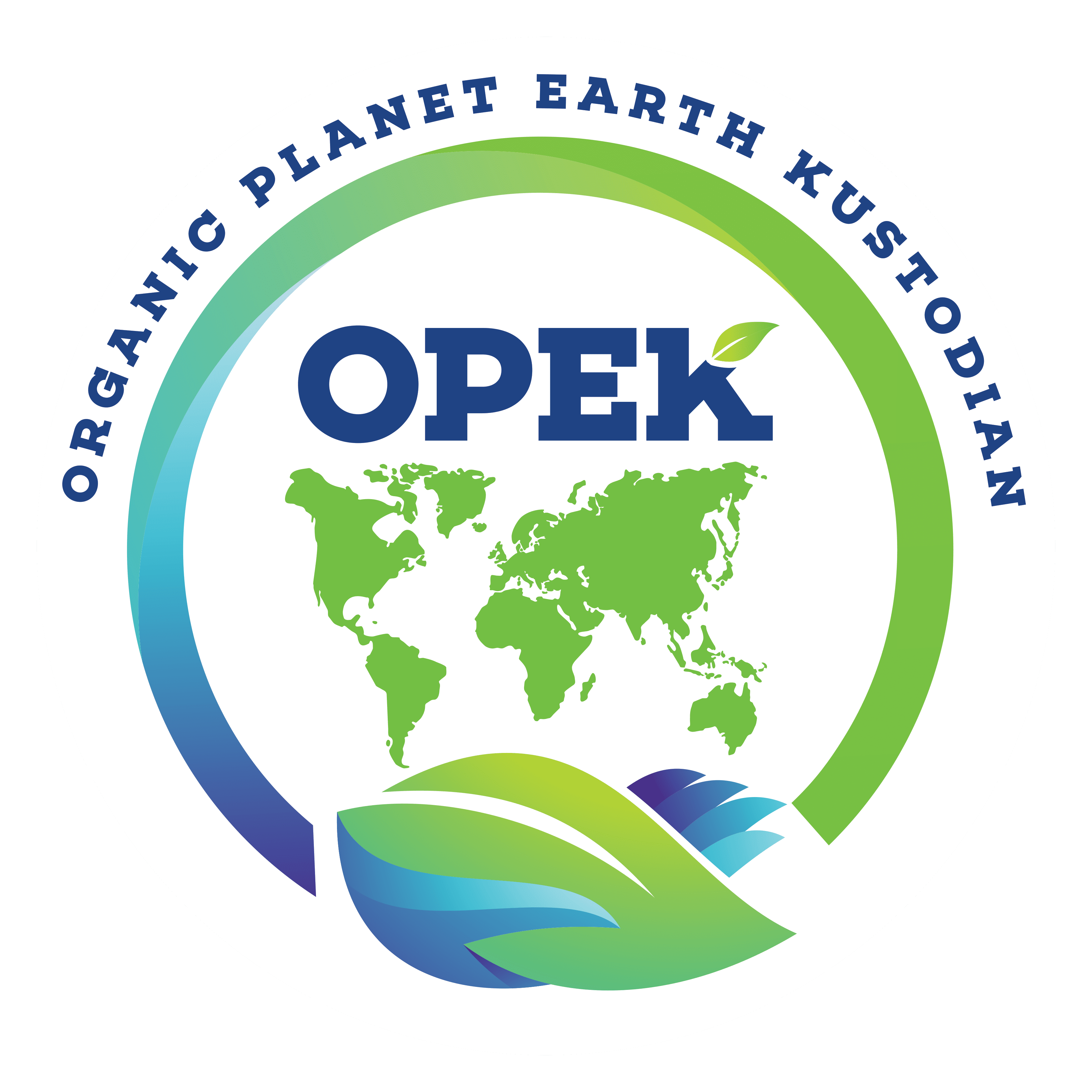NSW Government Finally Introduces the Ban on a Plastic Products
The NSW government has recently passed new legislation to deliver on its commitment to ban certain plastics and to make significant strides to address plastic waste. The Plastic Reduction and Circular Economy Act seeks to ban many single use plastics as well as many other problematic plastics by the end of 2022. The government claims that the legislation serves as the key starting point for further development towards the point by which NSW could eventually achieve a “circular economy”. The circular economy is a model which seeks to maximise the value of all resources by eliminating wastes. It’s does this by reusing products and then remaking and recycling when reusing is not feasible until finally, recycling is not possible and there are some minimal wastes.

To achieve this great goal of a circular economy the legislation put forth has outlined the following bans:
- Light weight plastic bags – these will be banned from June 2022. “Lightweight” refers to bags which have handles of thickness lower than 35 microns, and also includes biodegradable and compostable plastics. The ban does NOT apply to bin liners, human or animal waste bags, produce or deli bags, or medical item bags.
- Single-use plastic straws, stirrers and cutlery – This ban includes plastics which are biodegradable and compostable but does NOT apply to utensils used for serving (e.g. tongs) or items included within other food stuff packaging (e.g. the straws on juice box)
- Single-use plastic bowls and plates – This ban also includes plastics which are biodegradable and compostable but does NOT apply to bowls which are designed to have a lid (e.g. takeaway soup bowls)
- Expanded Polystyrene food service items – Includes clamshells, cups, plates and bowls but does NOT include trays for meat or produce, packaging or food packaging.
- Single-use plastic cotton buds and microbeads in personal care products – Includes those included in face and body cleansers, exfoliants and masks, shampoo, conditioner and hair dyes, and toothpaste.
Currently, NSW generates 800,000 tonnes of plastics every year, with only 10% of those being recycled. The rest end up as waste, either disposed into landfill, or even worse, into the ecosystems as pollutant. These bans will help to prevent the further generation and pollution of these harmful plastics, however, it does not fully address how to deal with current waste in the environment. However, this industry and climate movement is trending and growing quickly every day, it is likely that more solutions will be put forth and it will be the responsibility of all parties to take note and support these innovations when they arrive.
References
Geissdoerfer, M., Pieroni, M.P., Pigosso, D.C. and Soufani, K. – Geissdoerfer, M., Pieroni, M.P., Pigosso, D.C. and Soufani, K., 2020. Circular business models: A review. Journal of Cleaner Production, p.123741.


 by
by